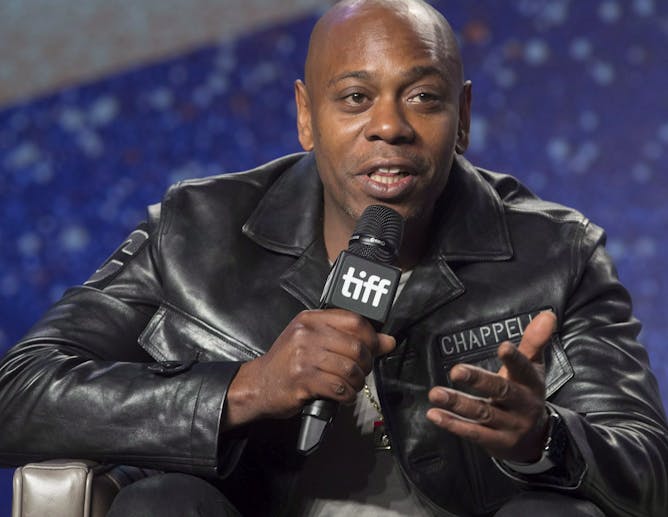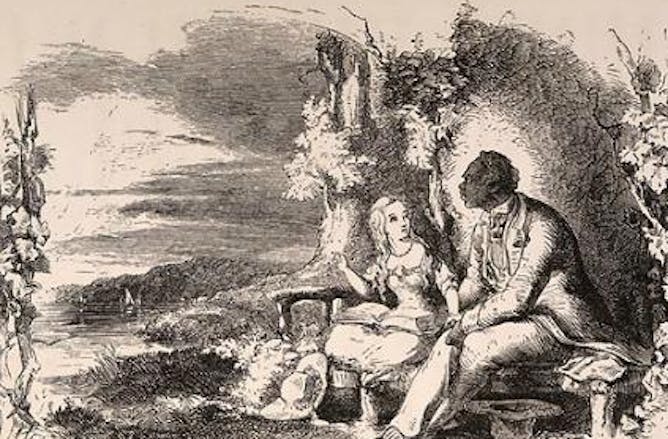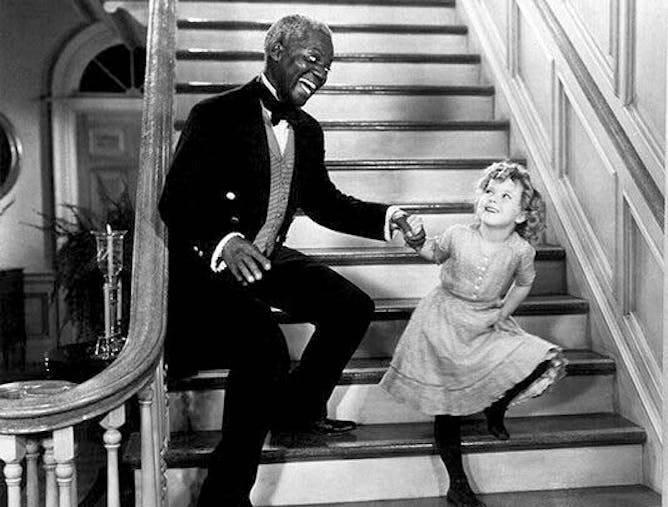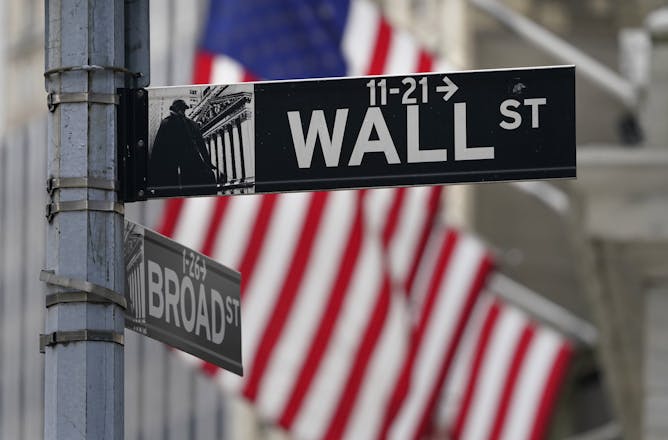|
Last fall, a group of university professors wrote a letter in support of the use of the n-word in classrooms, citing the need to protect academic freedom. All of the letter writers were white. Why do white and non-Black people insist on uttering that word? And when asked not to use it, why are they fighting for control of it? That’s the subject of the first episode of our new podcast, Don’t Call Me
Resilient, which went live Wednesday.
Ryerson University professor Cheryl Thompson, the author of Uncle: Race, Nostalgia and the Politics of Loyalty, joins us to discuss how North American society spent the past 150 years creating racist stereotypes. She discusses racist language, including words used by comedians like Dave Chappelle. How do these ideas continue to persist?
We’ve also published an accompanying article by Cheryl taken from her new book, as well as another related piece by Dalla Malé Fofana of Bishop's University who explains why some words and phrases carry a heavy burden.
Also today:
Regards,
|

Scholar Cheryl Thompson discusses racist stereotypes, including the words used by comedians like Dave Chappelle, pictured here, in Toronto, in 2018.
THE CANADIAN PRESS/Fred Thornhill
Vinita Srivastava, The Conversation
In this episode of Don't Call Me Resilient, host Vinita Srivastava and scholar Cheryl Thompson dive into the meaning of the n-word and the 150 years of racism embedded in it.
|

This illustration of Little Eva and Uncle Tom by Hammatt Billings appears in the first edition of ‘Uncle Tom’s Cabin.’
Uncle Tom's Cabin & American Culture: A Multi-Media Archive
Vinita Srivastava, The Conversation; Ibrahim Daair, The Conversation
This is the full transcript for Don't Call Me Resilient, episode 1: What’s in a word? How to confront 150 years of racial stereotypes and language.
|

Bill Robinson dancing with Shirley Temple in ‘The Little Colonel.’
(20th Century Fox)
Cheryl Thompson, Ryerson University
'Uncle Tom's Cabin,' the best seller of the 19th century, is not a relic from the past. The complex Uncle Tom figure still has a hold over Black politics.
|

Communication between people would be very difficult, if not impossible, without discursive memory. Our memories allow us to understand each other or to experience irreconcilable differences.
(Shutterstock)
Dalla Malé Fofana, Bishop's University
Because of context and history, some words and phrases carry a heavy burden with them. Their mere mention can bring back painful memories and problematic situations.
|

Finding the connection between upset child and frustrated parent can go a long way in those challenging moments.
(Shutterstock)
Joanna Cheek, University of British Columbia
Stay-at-home orders, school closures and other pandemic measures mean that parents and children are spending inordinate amounts of time together. Here's how to deal with the inevitable frustrations.
|

A street sign is displayed at the New York Stock Exchange in New York.
(AP Photo/Seth Wenig)
Pierre-Yann Dolbec, Concordia University
WallStreetBets is now reshaping financial markets: Non-professional market participants, or retail investors, are doing the work traditionally performed by financial advisers and analysts.
|
COVID-19
|
-
Sarah Pitt, University of Brighton
Both vaccines appear to reduce the risk of developing COVID-19, and so could be approved later this year.
|
|
Arts
|
-
Roberta Gilchrist, University of Reading
The Digs' archaeologists are closer to reality than the intrepid Indiana Jones, and that's refreshing.
|
|
Business + Economy
|
-
Venkatesh Shankar, Texas A&M University
Jeff Bezos announced he's stepping down as CEO, almost 27 years after he founded the company as an online bookstore.
|
|